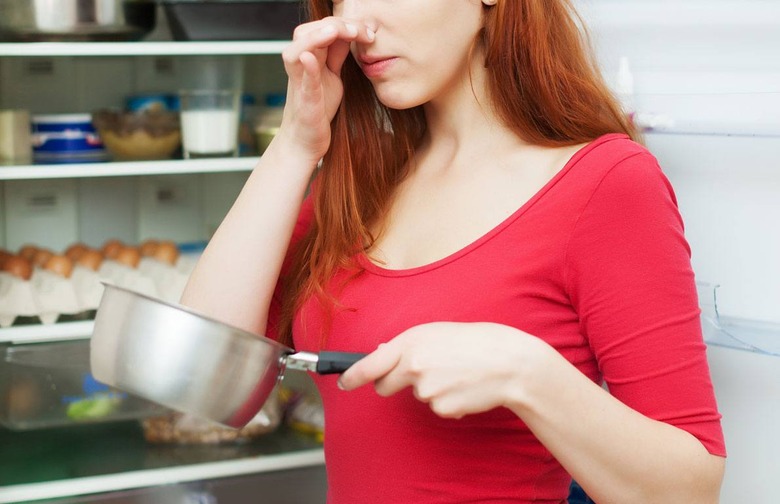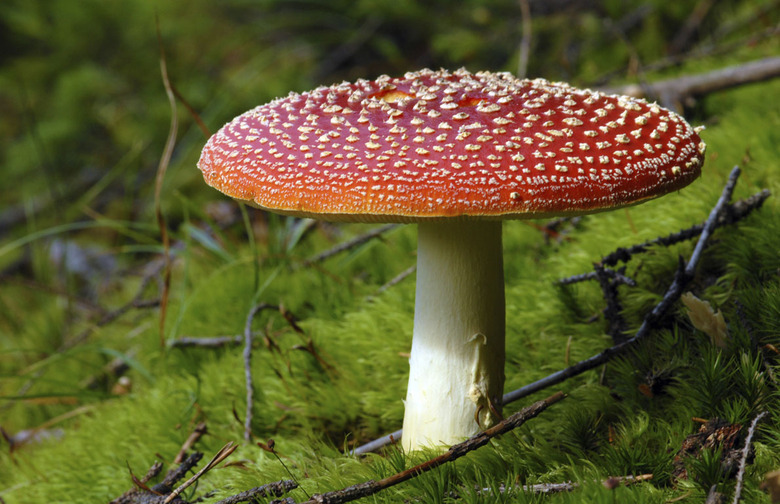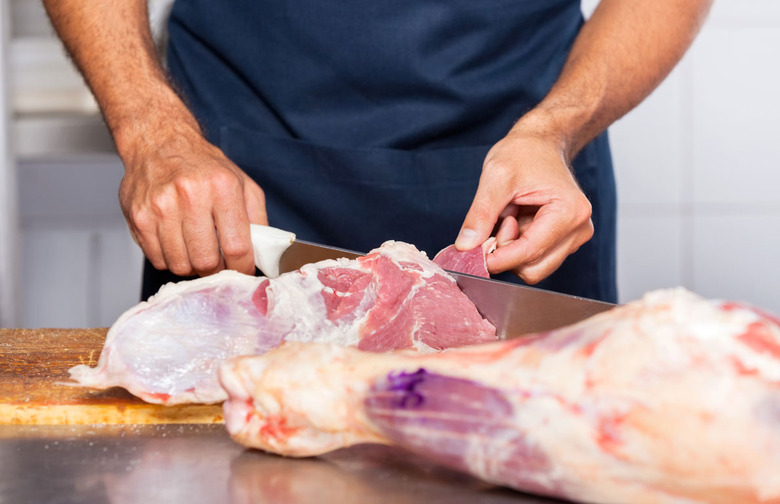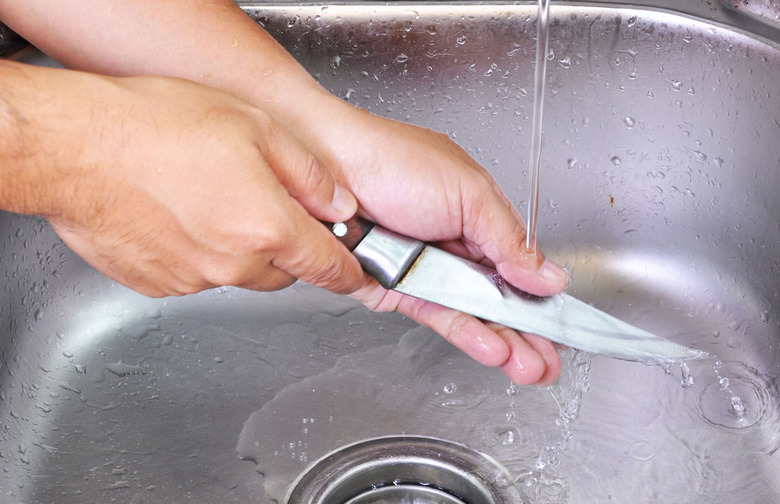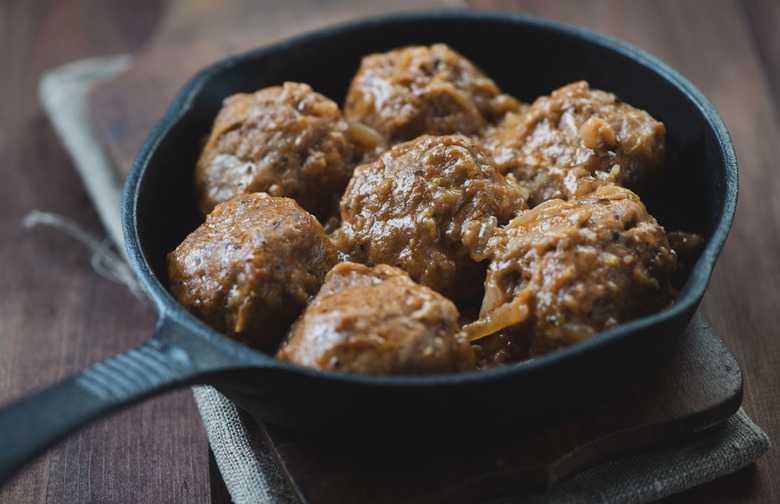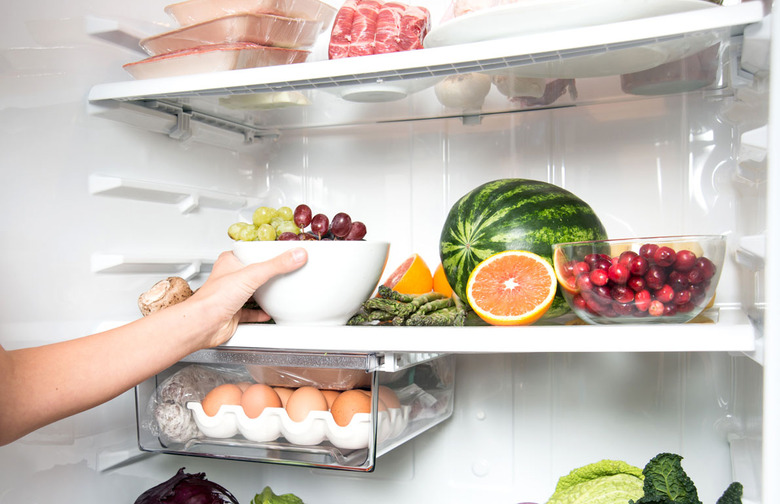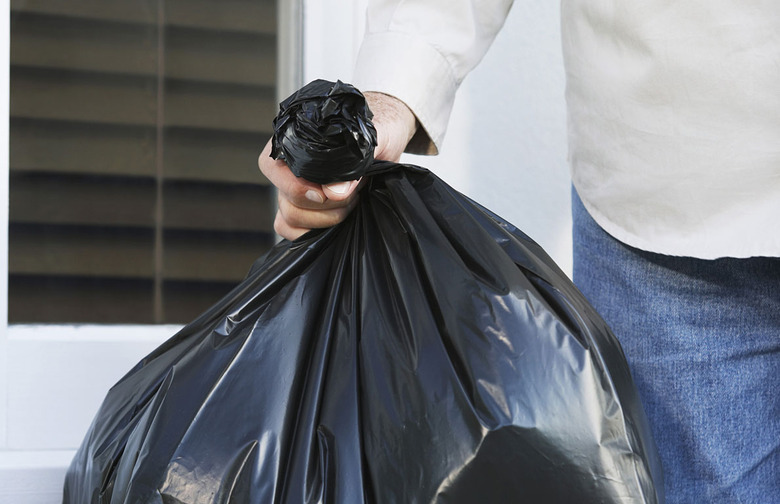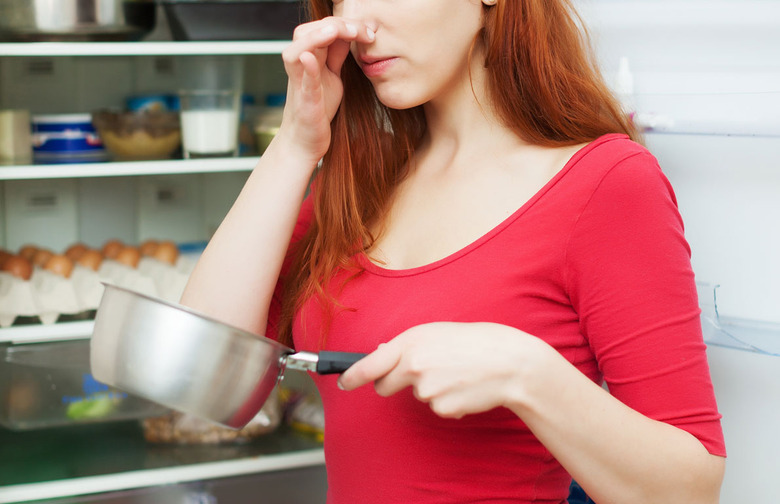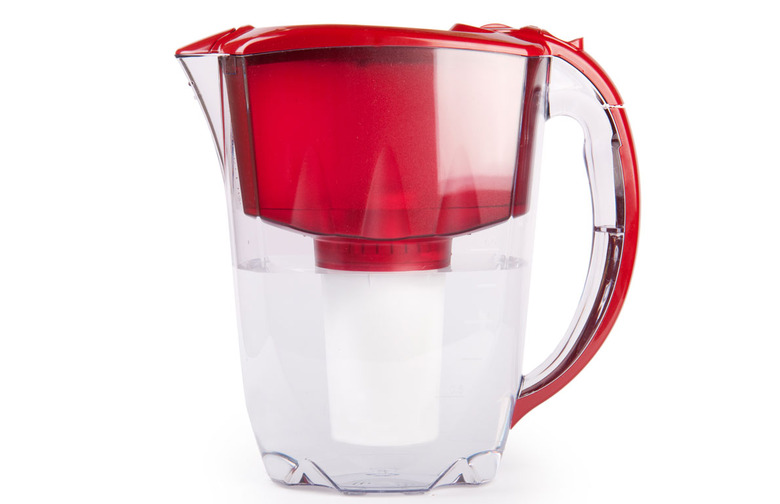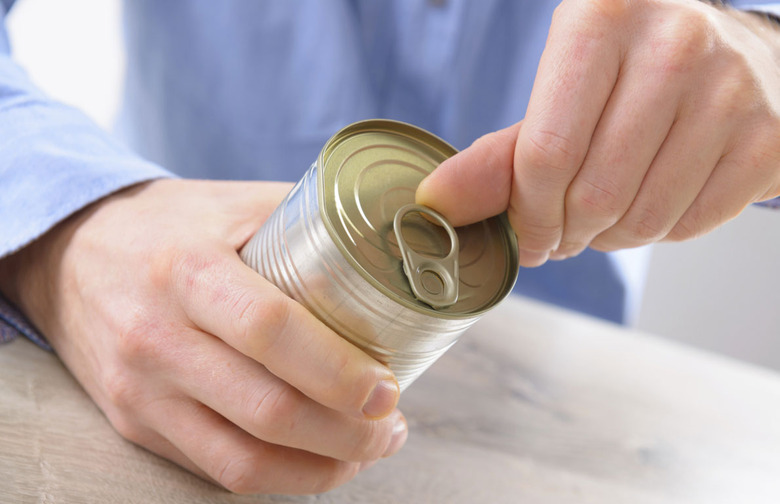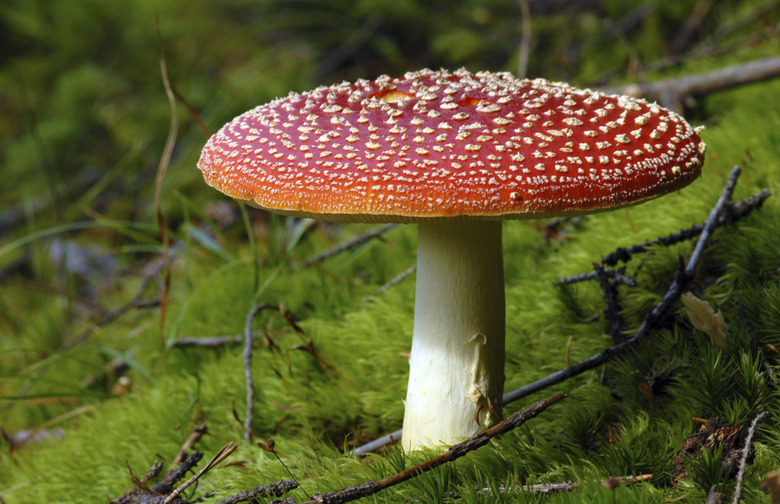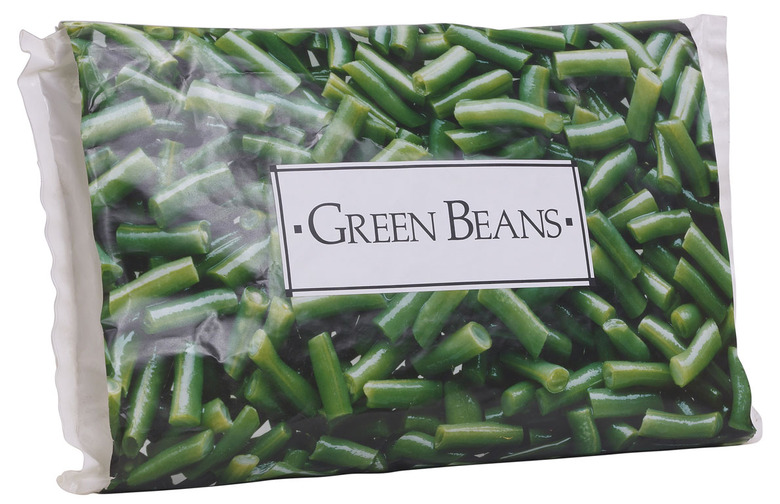Don't Get Food Poisoning! Ten Tips To Help Avoid It
Don't Get Food Poisoning! Ten Tips to Help Avoid It
Exposure to air is the enemy of food storage, and if a seal is broken or a can is dented, that's a good sign that air (and potential foodborne pathogens) are making their way in. Bulges can be a sign of rampant bacterial activity inside the can. Even if the food looks okay when you open the can, don't eat it.
Wash Your Hands
Always wash your hands before eating anything, because if you don't, you'll also be eating everything that you've touched since the last time you washed your hands. Be especially careful if you've handled raw meat — in that case, wash your hands before you touch anything else, not just food.
Look Out for Cross-Contamination
If you've cut up raw chicken on a cutting board, common sense should tell you not to go ahead and prepare a salad with that same knife and cutting board without thoroughly washing them first. If anything's come in contact with raw meat, poultry, fish, or eggs, make sure it gets a thorough scrubbing with soap and hot water.
Cook Meats Thoroughly
Eating undercooked meat, especially chicken, can be a one-way ticket to the emergency room. Make sure that all poultry is cooked to 165 degrees and fish to 145 degrees (sashimi and tartares excepted, of course). And if you're going to be cooking that steak medium-rare, make sure that it's from a good source; if you have any doubt, cook it to 160 degrees.
Refrigerate Perishable Food
Once perishable food has been sitting out for more than two hours, it becomes a world-class bacteria breeding ground. Cheese dip that's been on that party table for six hours, we're looking at you.
Throw Raw Meat Away After Two Days
Raw meat is far more susceptible to infestation by bacteria and viruses than cooked meat, and even if it's in your fridge, it can still go bad. Buy meat on the day you're planning on cooking it, and don't leave it in your fridge for longer than overnight. If you know you won't be using it for a few days, freeze it.
Use Common Sense
The "smell test" is often your first line of defense against food poisoning. If something smells a little funky, don't risk it. If you take a bite and something seems a little off, throw it out. Trust your instincts; they're usually correct.
Only Drink Treated Water
"Don't drink the water" is often the first thing you'll hear when traveling to a foreign country, and it's true: you haven't had any time to build up immunity to potential toxins in the water like the locals have, so stick with the bottled stuff. In the same vein, never drink water from wells, streams, any other source that hasn't been treated in some way, like chlorination.
Watch Out for Broken Seals or Dented or Bulging Cans
Exposure to air is the enemy of food storage, and if a seal is broken or a can is dented, that's a good sign that air (and potential foodborne pathogens) are making their way in. Bulges can be a sign of rampant bacterial activity inside the can. Even if the food looks okay when you open the can, don't eat it.
Don’t Eat Wild Mushrooms
This should go without saying, but if you're out hiking and happen upon a funny-looking mushroom — or even one that you're pretty sure is one of those chanterelles or porcini that cost so much in the market — please resist the urge to eat it unless you're an experienced mycologist. It could be toxic, and eating a toxic mushroom can result in consequences from hallucinations to extreme discomfort to death.
Cook Frozen Foods Thoroughly
There's a reason why frozen foods always indicate cooking times on the package, and it's not just because that's how long they take to heat up. Frozen foods, even if they're cooked first, should still be considered raw, and need to be cooked thoroughly before serving. Even if you're getting impatient, make sure your frozen foods heat for the specified time. Lukewarm food tastes even worse when served with a side of food poisoning.
